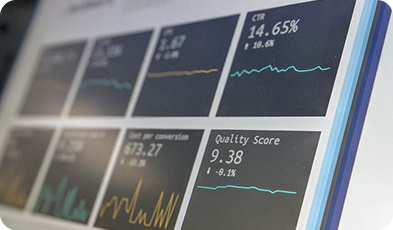Electronic Health Record (EHR) systems are more than just digital versions of paper charts. They are powerful tools that support better, safer, and more coordinated care. EHR data provides healthcare providers with access to real-time, comprehensive patient information that helps drive improved outcomes at every stage of the patient journey.
Here are six reasons why EHR data is essential to improving patient outcomes:
- Comprehensive Patient History
EHRs offer a complete view of a patient’s medical history, including previous diagnoses, medications, allergies, lab results, and treatment plans. This helps clinicians make informed decisions quickly and reduces the risk of errors or duplications in care. - Improved Care Coordination
EHRs make it easier for multiple healthcare providers to share and access patient information across specialties and locations. This supports more coordinated and continuous care, particularly for patients with chronic or complex conditions. - Early Identification of Health Risks
With built-in analytics and alert systems, EHRs can help identify patterns or warning signs that point to emerging health risks. Clinicians can use this data to intervene earlier, prevent disease progression, and improve long-term health outcomes. - Fewer Medication Errors
EHRs help reduce medication errors by automatically checking for drug interactions, allergies, and correct dosages. This safeguards patients from avoidable harm and ensures they receive the safest, most appropriate prescriptions. - Better Patient Engagement
Patient portals connected to EHRs allow individuals to access their medical records, view test results, schedule appointments, and communicate with their care team. This encourages patients to take a more active role in managing their health. - Data-Driven Decision Support
EHR systems often include clinical decision support tools that provide evidence-based recommendations, alerts, and reminders. These tools help healthcare providers follow best practices, reduce variability in care, and ensure treatments are aligned with the latest medical guidelines.
Final Thoughts
EHR data plays a vital role in shaping a more efficient, transparent, and patient-centered healthcare system. When used effectively, it supports timely interventions, minimizes risks, and ensures that care decisions are backed by accurate, real-time information. The result is not only better outcomes for patients but also more sustainable operations for healthcare providers.


